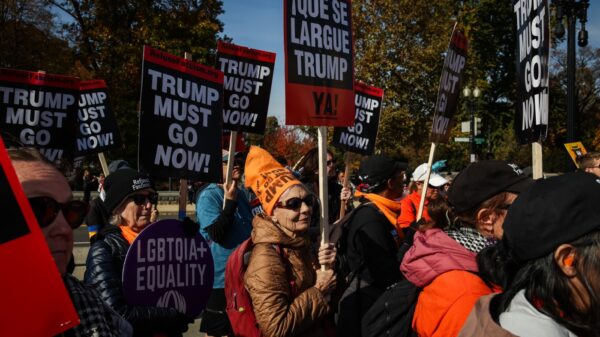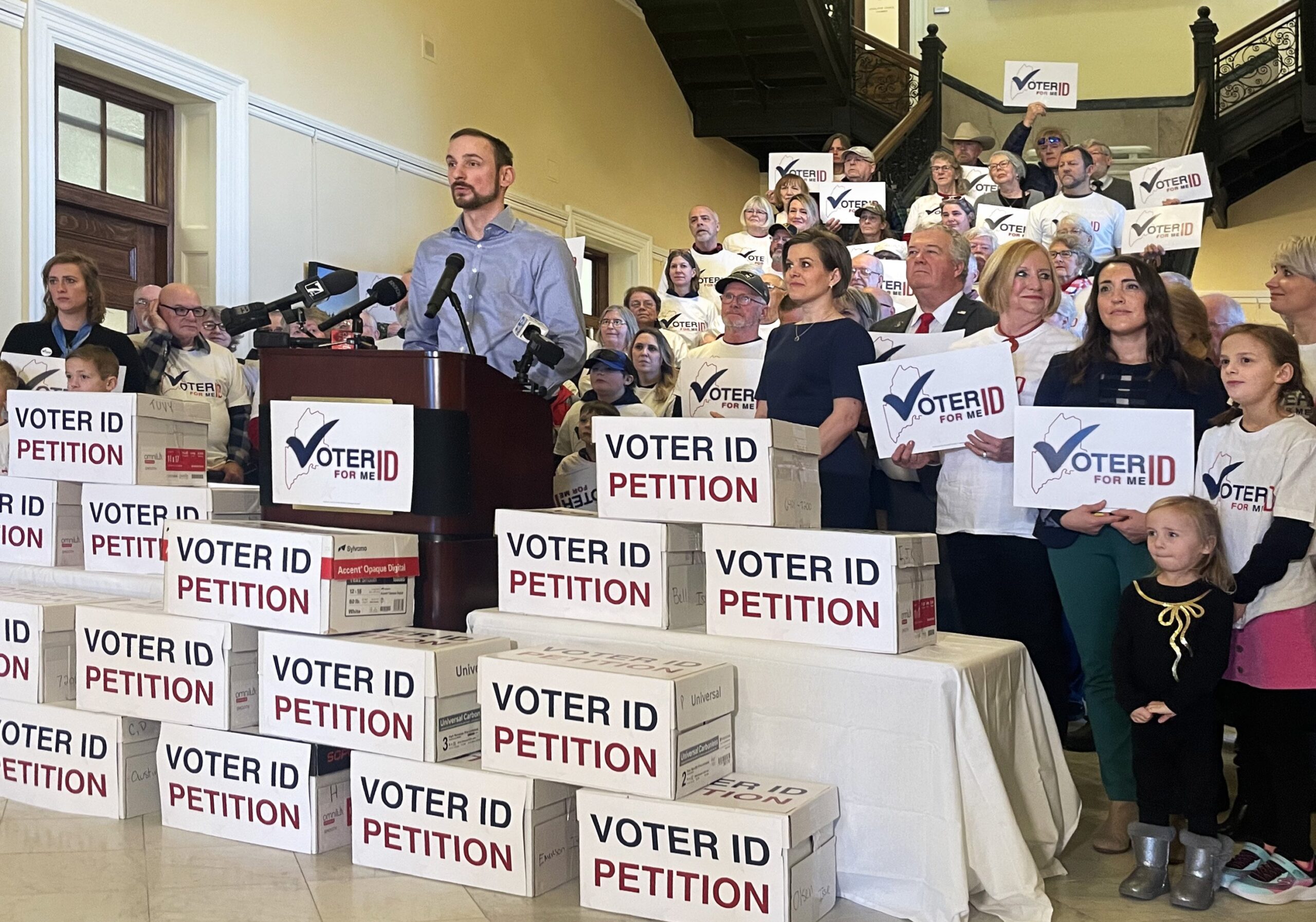A recent proposal for a voting referendum in Maine has ignited debates over its potential impact on voter access. Critics argue that this initiative is not aimed at election reform, but rather represents a form of voter suppression that could disenfranchise numerous citizens.
The Maine Secretary of State has announced plans for a referendum that could significantly alter voting procedures ahead of the upcoming elections. Scheduled for Election Day on November 8, 2024, this referendum proposes changes that many believe will complicate the voting process for residents. Opponents of the measure assert that these changes will disproportionately affect marginalized communities, leading to increased barriers to voting.
Concerns about the proposed referendum center on its implications for voter turnout. Advocates for accessible voting argue that the changes could create unnecessary hurdles, discouraging participation in the democratic process. The state legislature’s endorsement of the referendum has drawn sharp criticism from various advocacy groups, who label the move as an attempt to restrict voting rights rather than enhance electoral integrity.
Organizations such as the Maine Civil Liberties Union and the League of Women Voters have voiced their opposition. They emphasize that any alterations to voting laws should prioritize access and inclusivity, rather than impose additional constraints. According to a recent statement from the Maine Civil Liberties Union, “This referendum is not a solution; it’s a step backward for our democracy.”
Supporters of the referendum claim it is necessary to ensure the integrity of elections. They argue that certain measures must be implemented to prevent potential fraud. However, a growing number of experts challenge this assertion, stating that extensive evidence does not support claims of widespread voter fraud in Maine or across the United States.
The debate surrounding the referendum highlights a broader national conversation about voting rights. As various states propose legislation aimed at tightening voting regulations, advocates for democracy fear that these actions may lead to a disenfranchised electorate. The outcome of the Maine referendum could set a precedent for future voting legislation in other regions.
As the election date approaches, the discourse surrounding this referendum is expected to intensify. Voter engagement in Maine will be crucial, with many residents encouraged to participate in public forums and discussions. Engaging the community will be essential for those opposing the referendum, as they seek to mobilize support against what they consider an unjust policy.
In summary, the proposed voting referendum in Maine raises significant concerns about the accessibility and integrity of the electoral process. The ongoing dialogue will likely shape the landscape for voting rights, not only in Maine but also in other jurisdictions observing this pivotal moment. With the election fast approaching, the implications of this referendum will be closely monitored by advocates, lawmakers, and citizens alike.





































































